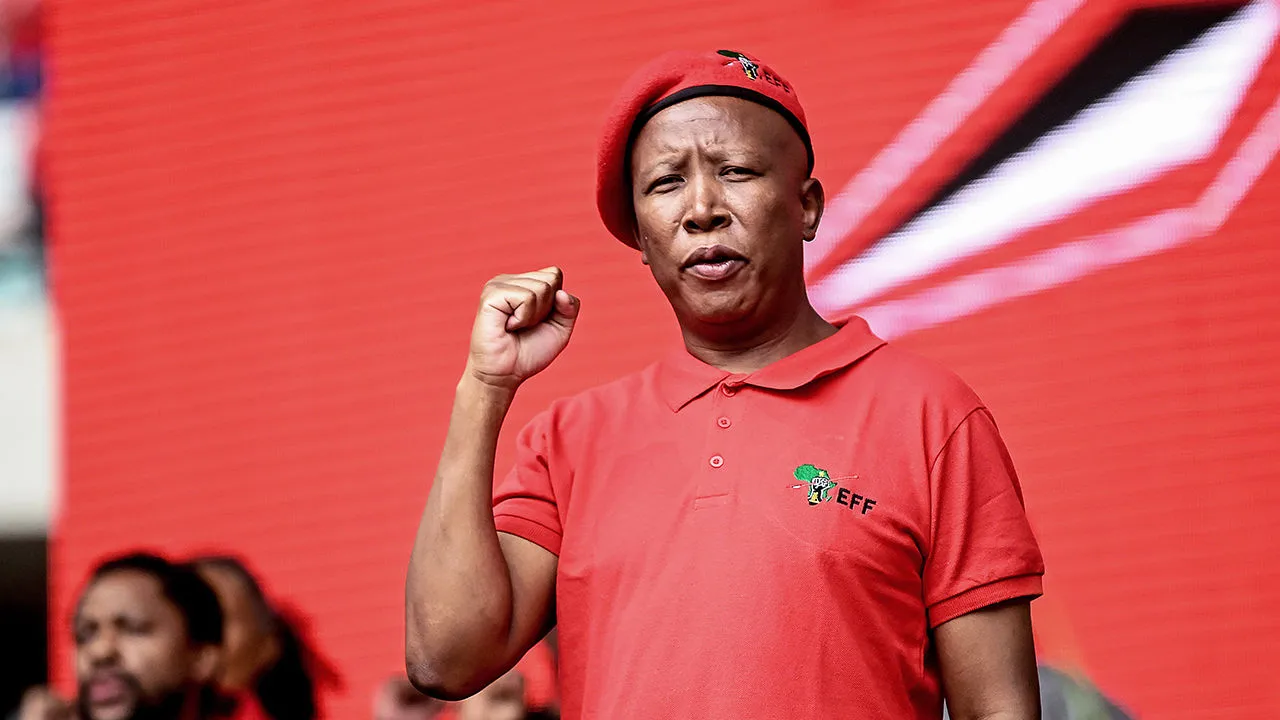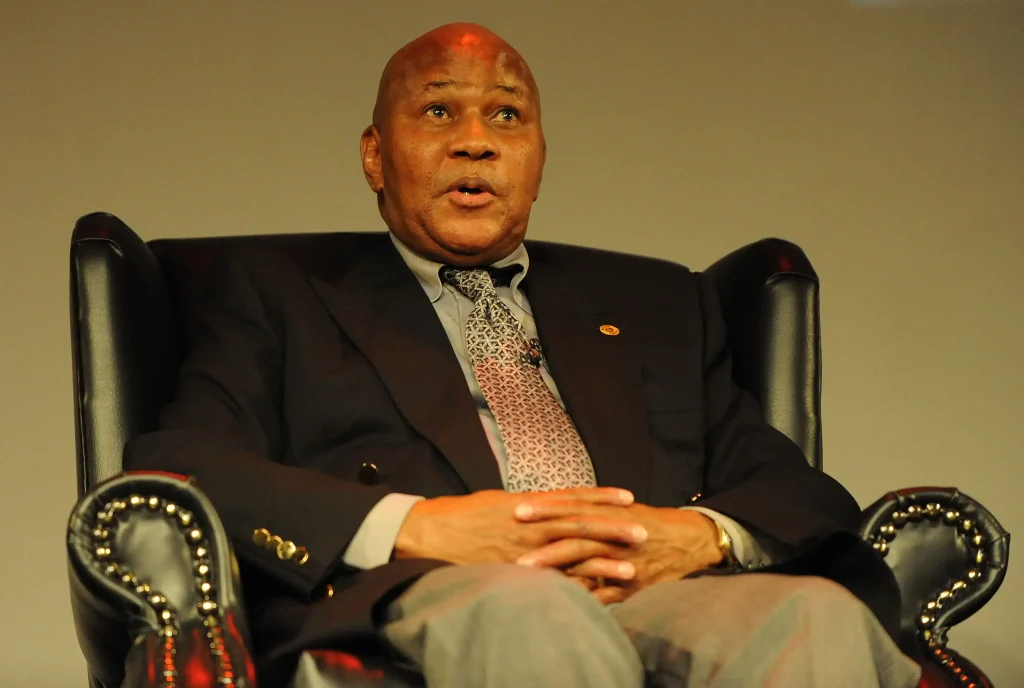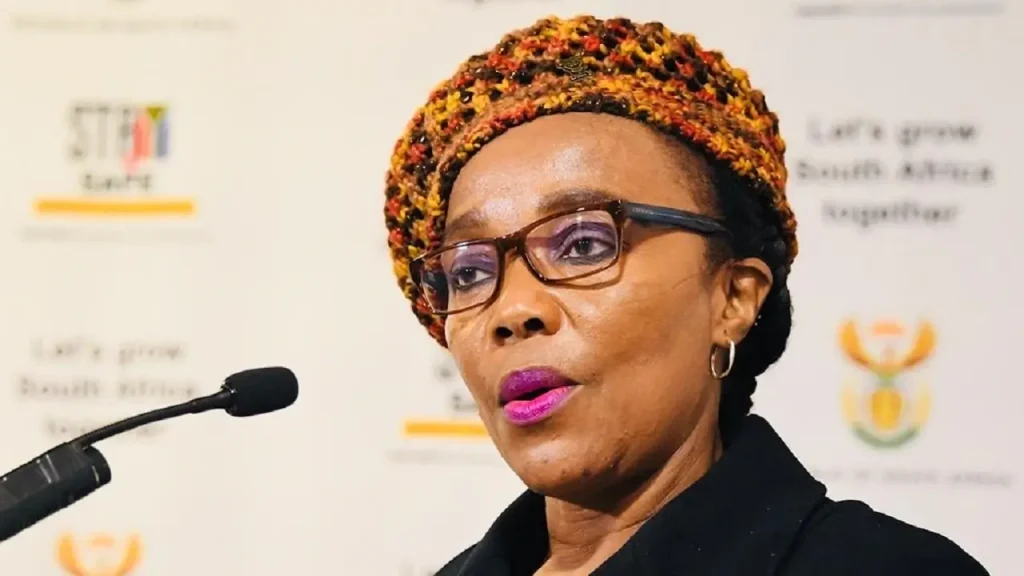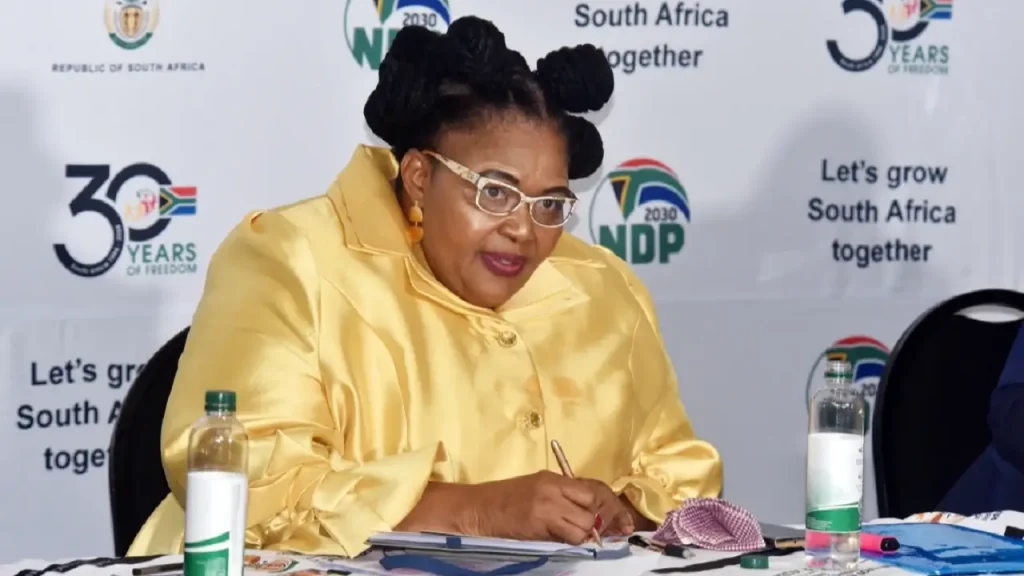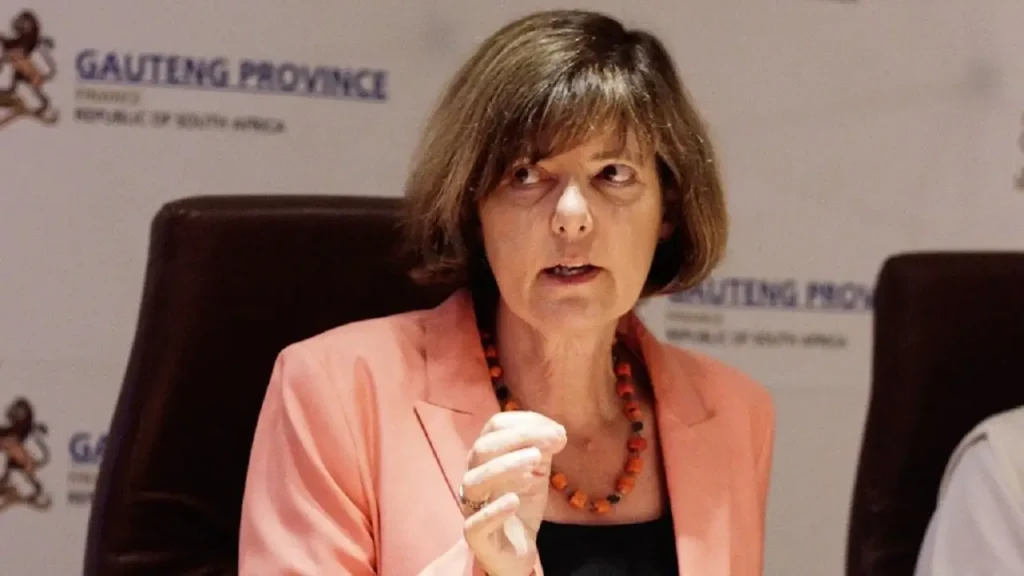Quick Facts on Julius Malema
| Fact | Details |
|---|---|
| Full Name | Julius Sello Malema |
| Date of Birth | March 3, 1981 |
| Place of Birth | Seshego, Limpopo, South Africa |
| Profession | Politician, Leader of Economic Freedom Fighters (EFF) |
| Political Party | Economic Freedom Fighters (EFF) |
| Former Role | President of the ANC Youth League (2008–2012) |
| Known For | Advocacy for land reform, social justice, and economic redistribution |
| Education | Studied at the University of South Africa (UNISA) |
| Spouse | Mantwa Matlala (married in 2014) |
| Children | 3 (as of 2023) |
| Notable Achievements | Founded the EFF in 2013, strong proponent of land expropriation without compensation |
| Controversies | Numerous legal battles, outspoken speeches, and clashes with political opponents |
Julius Malema: A Voice for Radical Change in South African Politics
Julius Sello Malema, born on March 3, 1981, in the township of Seshego, Limpopo, has become one of the most polarizing and influential figures in contemporary South African politics. As the leader of the Economic Freedom Fighters (EFF), Malema has advocated for radical political change, focusing on issues such as land reform, wealth redistribution, and social justice. His rise in the political arena, marked by both fervent support and intense criticism, has reshaped South African political discourse since the early 2000s.
Early Life and Education:
Malema was born and raised in the township of Seshego, outside Polokwane, in the province of Limpopo. His upbringing was in a modest family, and he experienced firsthand the inequalities that were deeply entrenched in post-apartheid South Africa. Julius attended Mohlakaneng High School before moving to further his education at the University of South Africa (UNISA). However, he faced significant challenges along the way, particularly with his academic career, which included controversies surrounding his academic performance.
Rise in Politics:
Julius Malema’s political career began with his active involvement in the African National Congress (ANC), where he became known for his fiery rhetoric and his commitment to youth empowerment. In 2008, he was elected president of the ANC Youth League (ANCYL) at the age of 27, a position that positioned him as one of the most influential young leaders in the country. During his tenure as youth league president, Malema advocated strongly for policies including the nationalization of mines and land, as well as broader economic reforms aimed at addressing the legacy of apartheid’s economic inequalities.
Expulsion from the ANC:
In 2012, Malema was expelled from the ANC for sowing division within the party and for his public criticism of then-president Jacob Zuma. This expulsion marked a pivotal turning point in his political journey. Rather than fading into obscurity, Malema used this moment to launch a new political movement. His defiance and his unapologetic stance on issues such as land expropriation without compensation resonated with many South Africans, particularly the disenfranchised youth.
Founding the Economic Freedom Fighters (EFF):
In 2013, Julius Malema founded the Economic Freedom Fighters (EFF), a radical left-wing political party that aimed to challenge the status quo in South African politics. The EFF’s platform is built on principles of economic justice, land reform, and anti-corruption, with the ultimate goal of redistributing South Africa’s wealth to the marginalized communities that remain affected by apartheid’s legacy.
Under Malema’s leadership, the EFF quickly gained a reputation for its disruptive and confrontational tactics, both in and outside the legislature. The party’s “land expropriation without compensation” stance has been a core rallying cry, seeking to address the historic injustices regarding land ownership in South Africa. His bold political rhetoric and promises to dismantle the entrenched economic powers that have held sway since the apartheid era have earned him both passionate supporters and harsh critics.
Political Influence and Controversies:
Malema’s influence in South African politics has only grown since the formation of the EFF. The party, under his guidance, became a vocal opposition force in Parliament, often confronting the ruling ANC and President Cyril Ramaphosa’s administration on issues of inequality, unemployment, and corruption.
However, his rise has not been without controversy. Malema has faced multiple legal challenges throughout his career, including accusations of inciting violence and hate speech. His public statements and the actions of the EFF have sparked tensions within the political establishment. Despite these controversies, Malema remains steadfast in his belief that his radical approach is necessary for the liberation of South Africa’s poor and working class.
Personal Life:
Malema is married to Mantwa Matlala, and the couple has three children. He is known for his larger-than-life personality, both on the political stage and in his personal life. Despite the controversies, he has managed to maintain a strong following, particularly among young South Africans who identify with his calls for economic freedom and social change.
Legacy and Future:
Julius Malema’s political career has left an indelible mark on South African politics. His advocacy for land expropriation, nationalization, and economic redistribution has sparked a national conversation about the future direction of the country. Whether one agrees or disagrees with his methods and ideologies, it is clear that Malema’s influence in South African politics will continue to shape the national discourse for years to come. His ability to mobilize disenfranchised communities and his uncompromising stance on issues of economic justice will keep him at the forefront of South African political life, regardless of the obstacles he faces.
Conclusion:
Julius Malema’s political journey is one of determination, controversy, and significant influence. From his rise as a youth leader in the ANC to his role as the leader of the EFF, Malema has consistently challenged the political establishment in South Africa, advocating for bold, radical change. As the leader of the EFF, he remains one of the most vocal and dynamic political figures in the country, with an agenda that seeks to radically transform South Africa’s economic and social landscape. Whether hailed as a revolutionary or criticized as a provocateur, Julius Malema is undoubtedly a central figure in South Africa’s political future.

